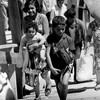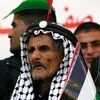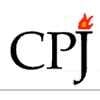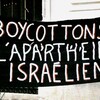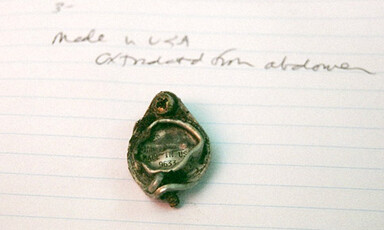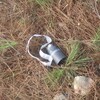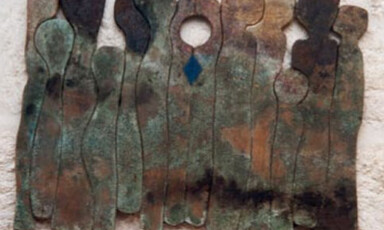
The Role of Participatory Methods for Mobilizing Change
27 December 2006
Surveys, opinion polls, and now, consultative approaches are increasingly being used to explore Palestinian refugee issues, and to formulate policy. The Civitas project adopted an entirely different approach to the matter. Indeed, civic participation is different even than consultation exercises - participation gives space for the young woman from Egypt (in the quote above) to articulate the complex sentiments, ideology, and political understandings that she possesses. It highlights many of the understandings Palestinians have for Palestine, but crucially it gives a more sophisticated understanding to those reading it about its importance and relevance. Read more about The Role of Participatory Methods for Mobilizing Change
